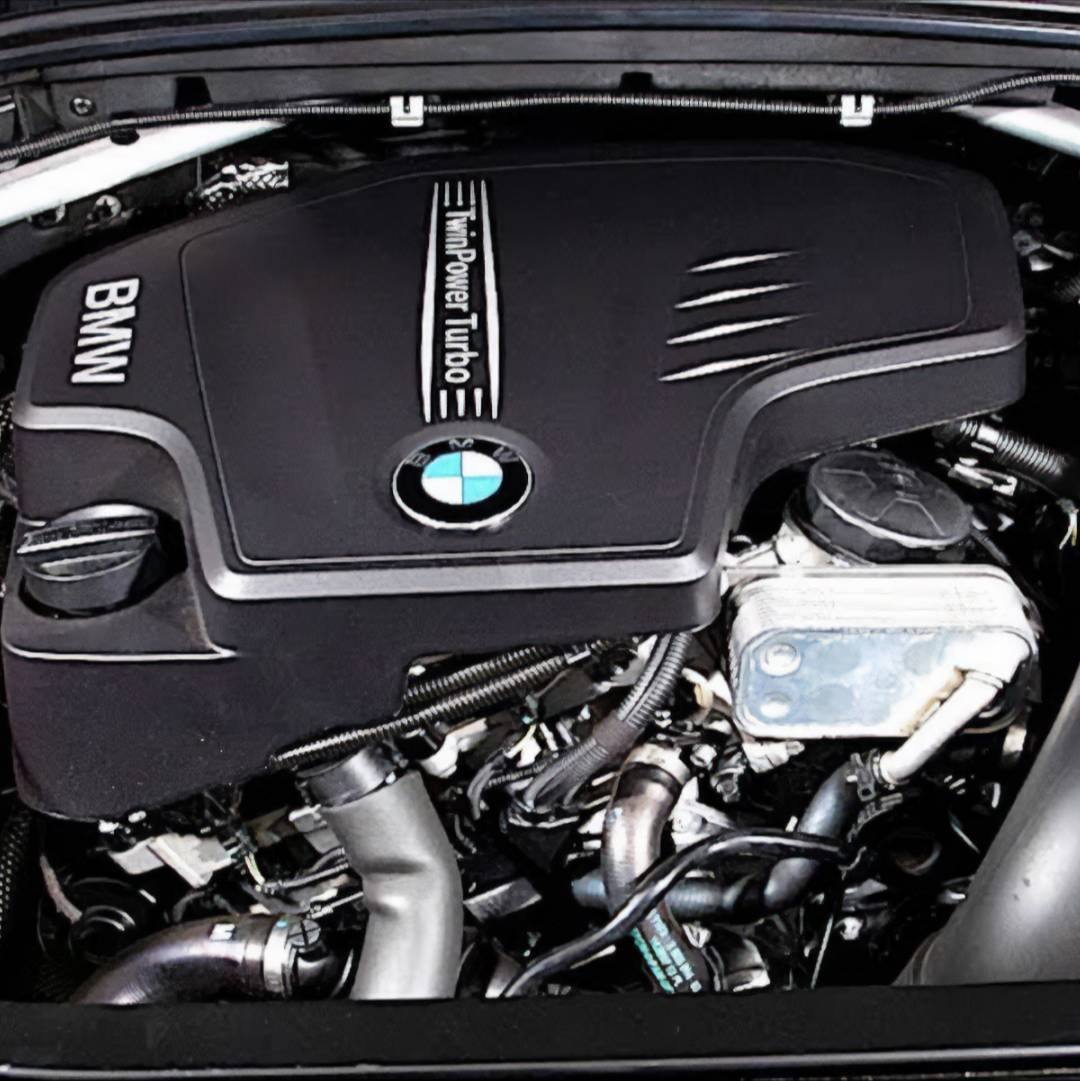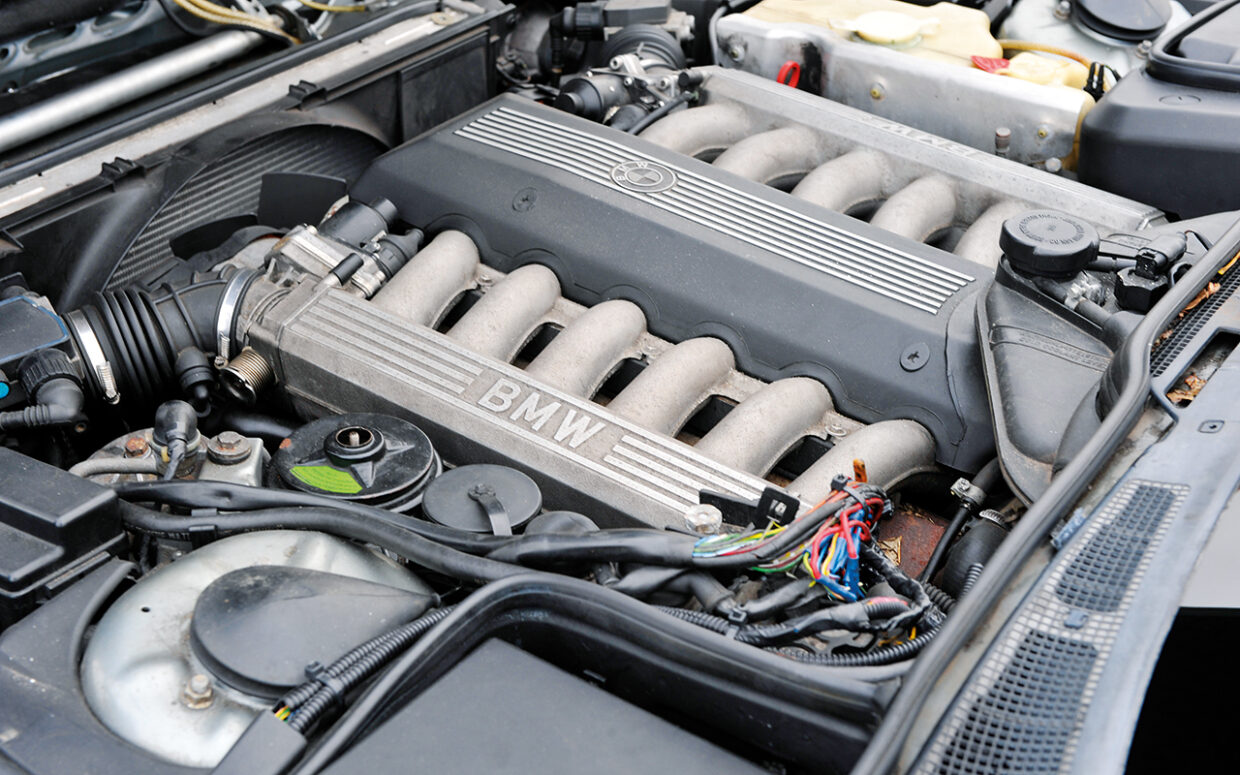Just how to Preserve Your BMW Engine for Optimal Performance and Longevity
Just how to Preserve Your BMW Engine for Optimal Performance and Longevity
Blog Article
Introducing the Intricacies of Next-Generation Power Units: a Deep Study Advanced Engine Designs and Developments
In the realm of automobile design, the unrelenting search of sustainability, efficiency, and effectiveness has pushed the evolution of power systems to extraordinary heights. As we base on the precipice of a new age in transportation, the intricacies of next-generation engine styles beckon us to discover the advanced innovations and innovations that promise to redefine the driving experience. From advanced materials that push the limits of toughness and weight decrease to sophisticated turbocharging and turbo charging systems that boost power outcome to brand-new degrees, each component of these power units holds a key to unlocking the future of vehicle design. Delving deeper into the worlds of exhaust control, intelligent engine administration systems, and the horizon of power device development, we discover ourselves on the cusp of an improvement that assures to improve the landscape of mobility as we know it.
Advancement of Engine Products

The shift towards advanced engine products has actually additionally allowed engineers to design engines with greater power outputs while maintaining gas efficiency standards. The usage of light-weight products minimizes the general weight of the engine, leading to enhanced gas economy and lower discharges. Additionally, improvements in products technology have permitted much better thermal monitoring within engines, leading to increased integrity and long life.
Turbocharging and Supercharging Technologies
Just How do Turbocharging and Supercharging Technologies revolutionize engine performance and effectiveness in contemporary lorries? Turbocharging and supercharging are modern technologies that substantially enhance engine performance by increasing the quantity of air consumption right into the burning chamber. Turbocharging accomplishes this by using a wind turbine driven by exhaust gases to pressurize the intake air, while turbo charging utilizes a belt- or chain-driven compressor to accomplish the exact same result.
These innovations enable smaller sized, much more fuel-efficient engines to produce power equal to larger ones, referred to as downsizing. By requiring more air right into the cylinders, turbo charging and turbocharging enhance burning efficiency, leading to enhanced horse power and torque output without a substantial increase in engine size. This leads to better acceleration, lugging capacity, and total driving performance.
Furthermore, turbocharging and turbo charging add to improved gas performance by enabling the use of smaller engines that consume less gas under regular driving problems - bmw engine. This combination of enhanced performance and effectiveness has made turbocharging and turbo charging essential elements of many modern engine styles
Emission Control and Environmental Impact
With increasing international issues regarding air high quality and environmental sustainability, the application of emission control modern technologies in vehicles plays an essential duty in lowering harmful contaminants launched right into the ambience. Modern vehicles are outfitted with advanced exhaust control why not try these out systems that assist minimize the environmental effect of auto operations. Catalytic converters, for instance, are created to transform harmful gases such as carbon monoxide gas, nitrogen oxides, and hydrocarbons right into much less harmful materials like co2 and water vapor.
In addition, advancements in engine innovation, such as the integration of exhaust gas recirculation systems and selective catalytic decrease, have dramatically added to decreasing exhausts. These modern technologies operate in tandem to enhance burning performance and lessen the launch of unsafe toxins right into the Visit This Link air. In addition, the development of hybrid and electrical vehicles stands for a critical action towards reducing the total ecological footprint of the transportation field.
Intelligent Engine Monitoring Equipment

Additionally, these systems make it possible for automobiles to meet strict discharges standards without jeopardizing efficiency, providing a more ecologically friendly driving experience. The integration of synthetic knowledge and artificial intelligence capabilities in engine management systems proceeds to press here are the findings the limits of what is feasible, leading to additional improvements in effectiveness, integrity, and total automobile efficiency. bmw engine. As automobile technology developments, intelligent engine monitoring systems will play an essential role in shaping the future of transport towards a much more sustainable and efficient instructions
Future Trends in Power System Advancement
As smart engine management systems lead the way for boosted control and optimization in modern vehicles, future trends in power system development are poised to redefine the landscape of vehicle propulsion technologies. These alternative power resources offer enhanced effectiveness and efficiency while aligning with strict environmental policies.
One more considerable pattern is the integration of sophisticated materials and producing techniques. Light-weight materials such as carbon fiber and light weight aluminum are being used to minimize total automobile weight, improving gas efficiency and efficiency. Furthermore, improvements in 3D printing and additive manufacturing are allowing the manufacturing of intricate engine elements with greater precision and sturdiness.
In addition, expert system and artificial intelligence are playing a vital function in optimizing power unit performance. These technologies permit for real-time tracking and adaptive control, causing a lot more reliable and reliable power shipment. Overall, future trends in power system development are tailored towards effectiveness, performance, and sustainability, driving the auto industry in the direction of a brand-new age of propulsion innovations.

Verdict
In final thought, the innovations in engine products, turbocharging, discharge control, and smart monitoring systems have actually paved the way for next-generation power devices. The detailed layouts and developments in modern engines display the ongoing development of auto technology.
Discovering the progressive innovations in engine materials has been critical in improving the performance and efficiency of modern engines. Over the years, the advancement of engine materials has actually played a vital duty in pressing the borders of what engines can accomplish.The change in the direction of progressed engine products has also enabled designers to create engines with greater power outcomes while maintaining gas effectiveness requirements.The application of smart engine monitoring systems in contemporary lorries has changed the method engines are managed and maximized for efficiency and effectiveness. By gathering information in real-time and evaluating it with innovative formulas, intelligent engine monitoring systems can adapt to driving styles, environmental variables, and engine health and wellness to take full advantage of power result while minimizing fuel consumption and discharges.
Report this page